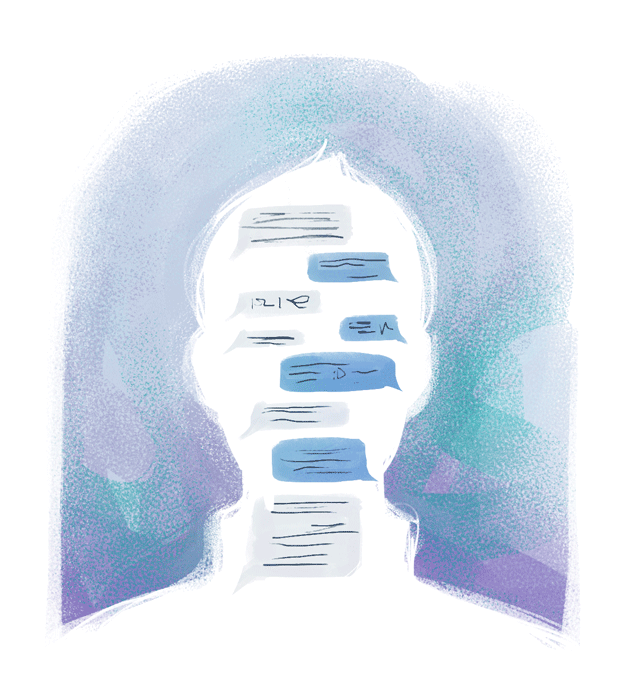After the recent controversy surrounding Cambridge Analytica’s massive data collection from Facebook users, the public has spoken out against the social network and called for a boycott. A popular Twitter campaign demanded Facebook users #DeleteFacebook. Following the campaign, a series of prominent companies and personalities deleted their Facebook pages, most notably Playboy, Jim Carrey, and Will Ferrell.
When asked via Twitter if Elon Musk could delete the SpaceX Facebook page, Musk hastily took action, tweeting in response, “I didn’t realize there was one. Will do.” For most people, however, deleting a Facebook account is an action requiring a lot more consideration. This is especially true for university students, given that much of their lives are integrated into the platform. From groups dedicated to university courses, to invitations to parties and on-campus events, Facebook has found a way to make its platform essential to the lives of university students. Considering how difficult it would be for a student to delete their Facebook account, it is important to maintain a heightened awareness of what one can do to protect one’s data while using the social media platform.
To many people, the implications of having their personal information so readily available to corporations or political actors may not seem like an issue. However, whether or not it is used malevolently, this could have negative consequences for people. In the 2016 United States presidential election, Cambridge Analytica allegedly improperly used people’s information to sway them toward certain candidates. While it is disputed how much the data it used may have influenced the election, cases like this one have implications for how personal data can be used in the future.
Yet trying to disentangle oneself from Facebook is difficult because there is no suitable replacement for it. While students enjoy Twitter, Instagram, and a multitude of other popular social media platforms, Facebook is the one-stop-shop of social media. It isn’t meant solely for photography, like Instagram, or for posting short statements, like Twitter. It’s where users can do all of that and more, making it the central social hub of the Internet. Deleting a student’s Facebook account would make it much more difficult for them to stay in touch with friends, family, and classmates.
The best way to address concerns about how companies like Cambridge Analytica can obtain personal data from a Facebook account is to be vigilant when giving third-party applications permission to view or access one’s account. Every time a user gives an app access to their Facebook profile, they are giving the app owner all of the data that they may have an interest in keeping private. The most exploitative apps are often those used to curb a student’s boredom in lecture for five minutes. For example, apps that offer to reveal the Facebook friend that a user is most likely to marry, or how they would look as the opposite sex, are textbook clickbait—but are driven by an ulterior motive to acquire their users’ data in the process.
Not only is it important to be careful about giving applications permission to view one’s information in the future, but it’s vital to check on the applications which already have permission to view one’s profile. Applications used several years ago may still have access to a profile, making it also worthwhile to check the extent of the permissions current applications have. Beyond simply giving an app access to one’s own information, it is possible that an app may also obtain the information of Facebook friends, compromising not only the user’s privacy, but their friends’ privacy as well.
Luckily, Facebook also offers privacy settings which allow users to limit the information provided to apps used by their friends. These privacy settings only take a quick Google search to figure out how to implement, and they’re important for maintaining privacy.
If you feel you are able to delete your Facebook account, then more power to you. For the rest of us, who feel like Facebook is an integral part of our lives, these steps are a great starting point for protecting our privacy.









